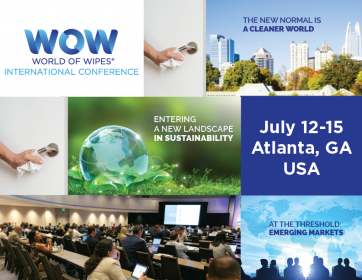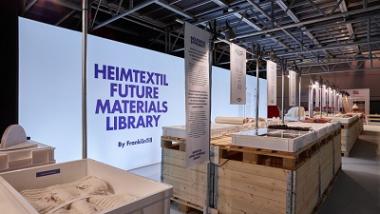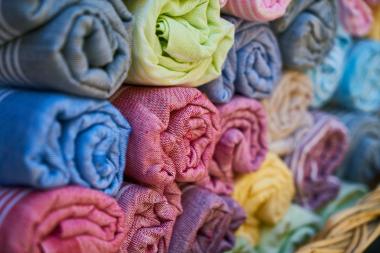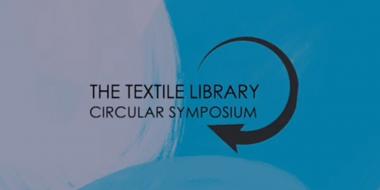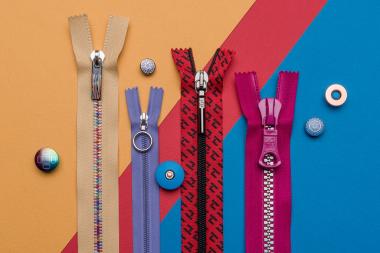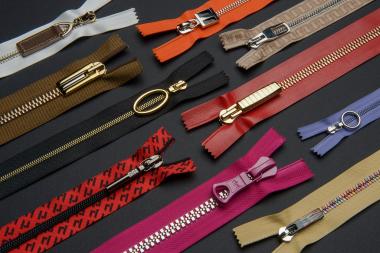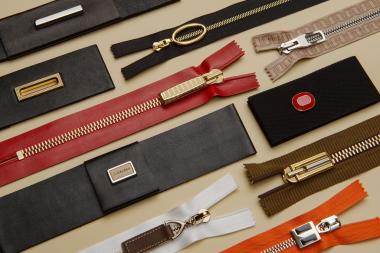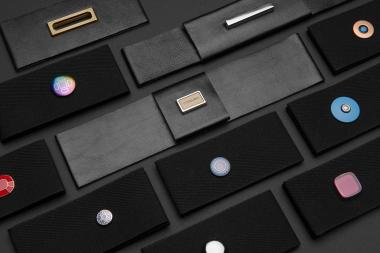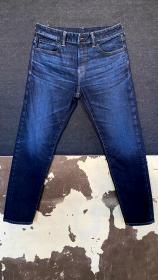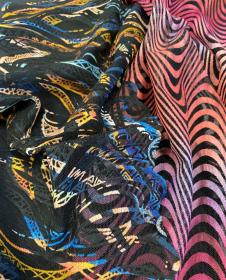Lenzing invests GBP 20 mn in wastewater treatment at Grimsby site
- Full utilization of production capacity possible at the site
- New EU environmental requirements will be fully and promptly satisfied starting in 2024
The Lenzing Group, a global provider of wood-based specialty fibers for the textile and nonwoven industries, is investing GBP 20 mn (equal to EUR 23.3 mn) to build a new, state-of-the-art wastewater treatment plant at its site in Grimsby, United Kingdom. The investment is part of the company’s plans to reduce wastewater emissions by 2022.
Once it has implemented this project, Lenzing will have biological wastewater treatment plants that meet the best available techniques (BAT) quality standard at all its production sites. The plant design, which will employ a new technology developed as part of a research project, is fully aligned with the UK regulator and supported by the local authorities.
The site’s current wastewater situation complies fully with the EU Water Framework Directive as well as all local laws and regulations. The investment has been approved by the Supervisory Board, ensuring that construction can start this year and the plant will be commissioned well before the UK-ratified EU directive1 goes into effect. This will be the largest investment since opening this lyocell site, which manufactures premium products for technical and innovative market segments, among other things.
Responsible water use
After modernizing the wastewater treatment plant at the company’s Purwakarta site in Indonesia, the construction of the new plant in Grimsby marks another big step toward reducing the Group’s wastewater emissions 20 percent by 2022 (against a 2014 baseline). Responsible water use is one of the core elements of Lenzing’s “Naturally positive” sustainability strategy and is largely executed by using water efficiently in manufacturing and employing state-of-the-art water treatment technologies.
Lenzing wastewater treatment technologies Lenzing AG industrial wastewater treatment
Lenzing AG















